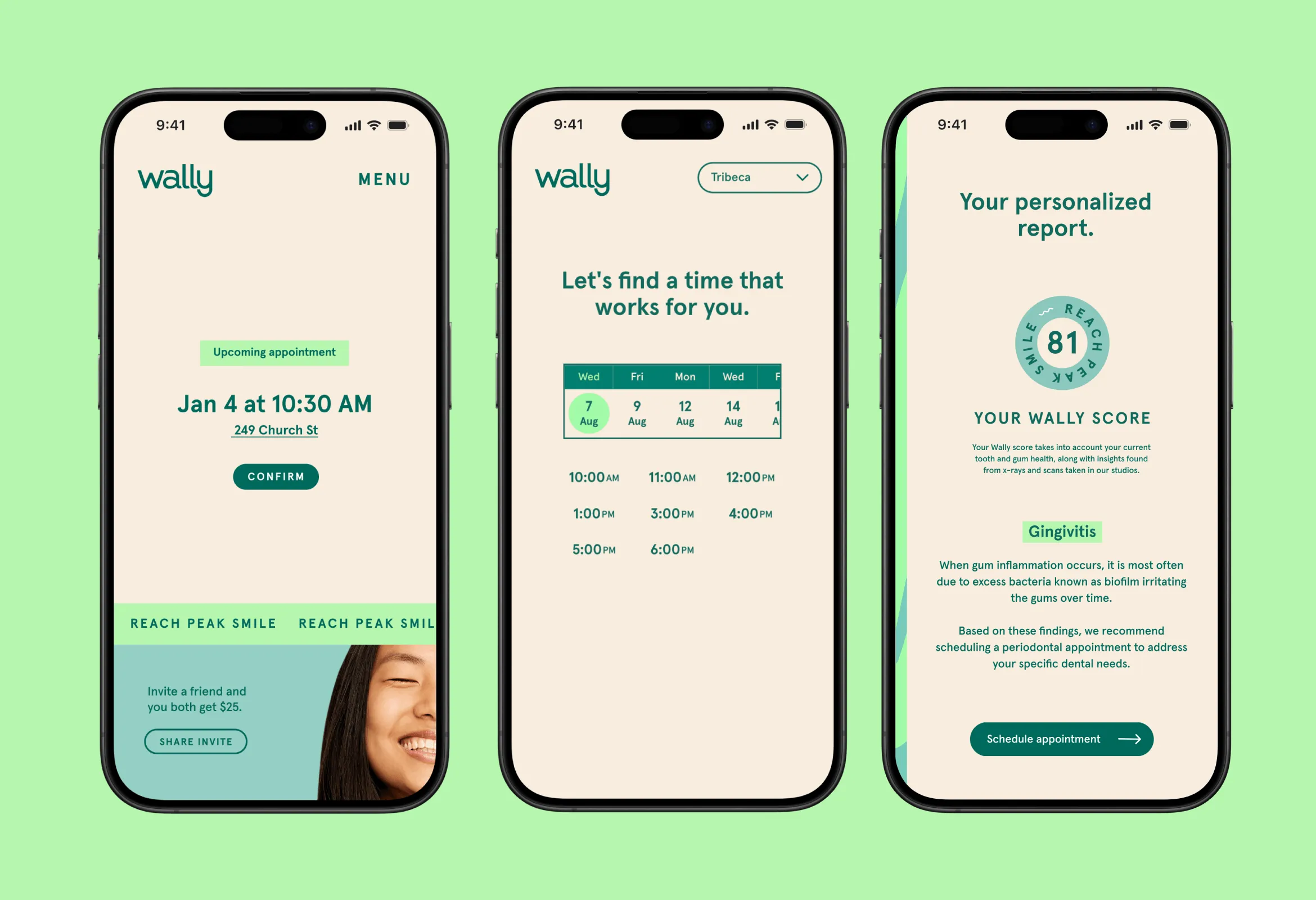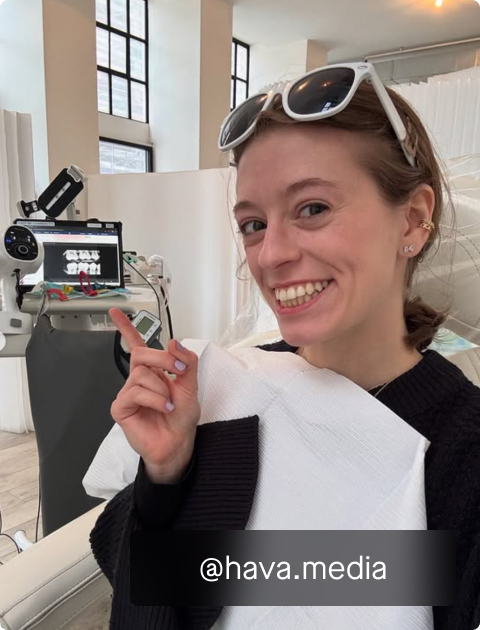Why buy dental insurance when you can burn money instead?

Considering buying dental insurance for you or your family? Think twice before you hit "purchase." Dental insurance is a bad deal for most people. In our chats with patients, we hear dental insurance horror stories from every part of the country. What we've heard, loud and clear, is that dental insurance doesn't make sense whether you have healthy teeth, or require complicated dental care.
What's going on? It turns out dental insurance purposefully makes dental care inaccessible, and unnecessarily expensive. Why? Because it benefits the insurance company. We decided to explore this more - here's the breakdown of why the dental insurance calculation doesn't add up.
You overpay for basic care with your premiums
An insurance plan that covers cleanings, exams, and x-rays for the year can cost between $250 and $700 per year. A dentist charges an uninsured patient between $200 and $450 for the same appointments. That means most people are paying more by buying insurance.
And if you miss a cleaning, you don't get your premiums back from the insurance company. 48% of Americans don't see the dentist as often as they would like, which means lots of dental insurance premiums end up in the insurance executive bonus pool.
Insurance companies designed the system this way. Ever wonder why you never hear from your dental insurance company until it's time to renew? It might be because they don't want to remind you that you have dental insurance out of fear you'll schedule another visit to the dentist.
Dental insurance is only looking out for themselves
A common misconception is that if you have dental insurance, you're covered if something goes wrong. Unlike health insurance, auto insurance, or home insurance, dental insurance doesn't actually cover you when something happens. Dental issues come up more frequently compared to health, auto, and home issues.
That's why dental insurance companies structure their plans to minimize their losses. Here's how dental insurance companies mitigate their risk, and pass the buck to you.
- Maximum benefits and annual benefits. Most plans have a limit of $1,000, sometimes up to $2,000 (btw, that hasn't changed since the 1960s…). This is the opposite of medical insurance, which covers your costs after you reach your deductible, dental insurance stops paying once you reach your limit. Anything above that is paid out of your pocket.
- Restrictive coverage and networks. Your plan says it covers your preventative care. Sweet! Oh but only if you go to a dentist in-network. The cheaper the plan, the smaller the network of dentists who will accept the plan. Most likely the best dentists in your area won't access these plans.
- Limited coverage amounts. For procedures deemed "complex," insurance will only cover part of it (up to 70%). Or more likely, if insurance deems it "elective" or "too expensive" they will pay 0%. What makes it "elective" or "too complex?" It's hard to say, this is usually something the claims teams use in the rejection notice.
- Waiting periods. Dental insurance comes with a waiting period for non-preventative care. That means if you get a cavity filled, and then have a second cavity before the waiting period is over, you pay the entire bill even if it is "covered" in your plan. It also means if you buy your plan to get a filling, the insurance company will make you wait 6-12 months before you can use it for the first time for a filling. So… yeah.
What you pay: insurance versus no insurance prices
Let's walk through an example of what you pay when you have insurance, versus if you were uninsured. We researched and found a plan in our home state (Massachusetts) for $38 / month. This covers all preventative care (cleanings, exams, and x-rays).
If you get all your preventative work done, it's covered by your plan which cost $456 for the year. In Massachusetts, you can get your preventative work done at a great dentist for $400-$450. Wait a sec, did you just overpay for your preventative work? Yes you did.
But you might be thinking, "surely if sh!t hits the fan, having dental insurance is good." So what happens if something goes wrong? Let's say you crack a tooth and need to extract it and get an implant. Here's a breakdown of what you will pay out of pocket if you go to a dentist in-network with your plan:
- Tooth extraction: $90
- Bone graft: $965
- Implant: $2500
- Crown: $700
- Total: $4,255
Compare that to the "sticker" price you'd pay going to the dentist without insurance:
- Tooth extraction: $203
- Bone graft: $965
- Implant: $2,500
- Crown: $1,450
- Total: $5,118
You just saved about $900 off the sticker price. So far so good, right?
Not so fast. Don't forget most dentists are open to giving you a 15% discount on your dental work if you're uninsured. That makes your new cost $4,350. Now you've only saved $95 for the same dental care. And if you have any follow up visits, questions, or cavities within 12 months, that's all on your dime.
Think twice before you buy that plan
We hope this knowledge arms you as you evaluate dental care options and consider the right choice for your dental care needs and budget.
If you're irate at the behavior of dental insurance companies, you're not alone. Everyday, people drop their insurance and opt into simpler, more fair alternatives like Wally's Membership to take care of their dental needs.
Sign up for the waitlist and we'll let you know when we're opening Wally studios near you so you can get access to unlimited cleanings and whitening for one, affordable, transparent price.
(pssst - ☝️ we're live in NYC)









